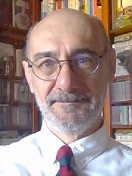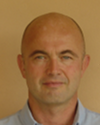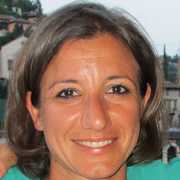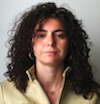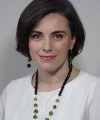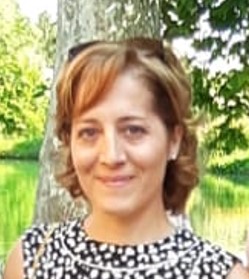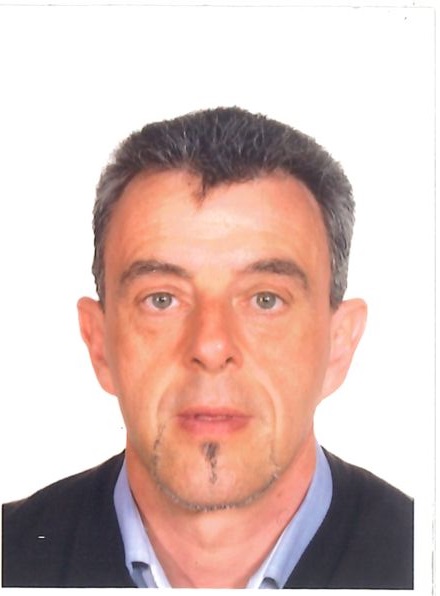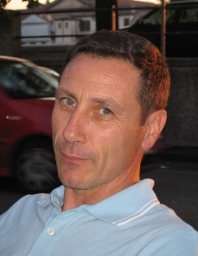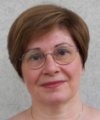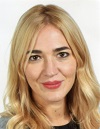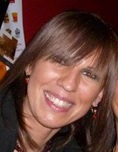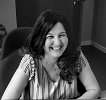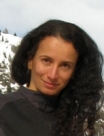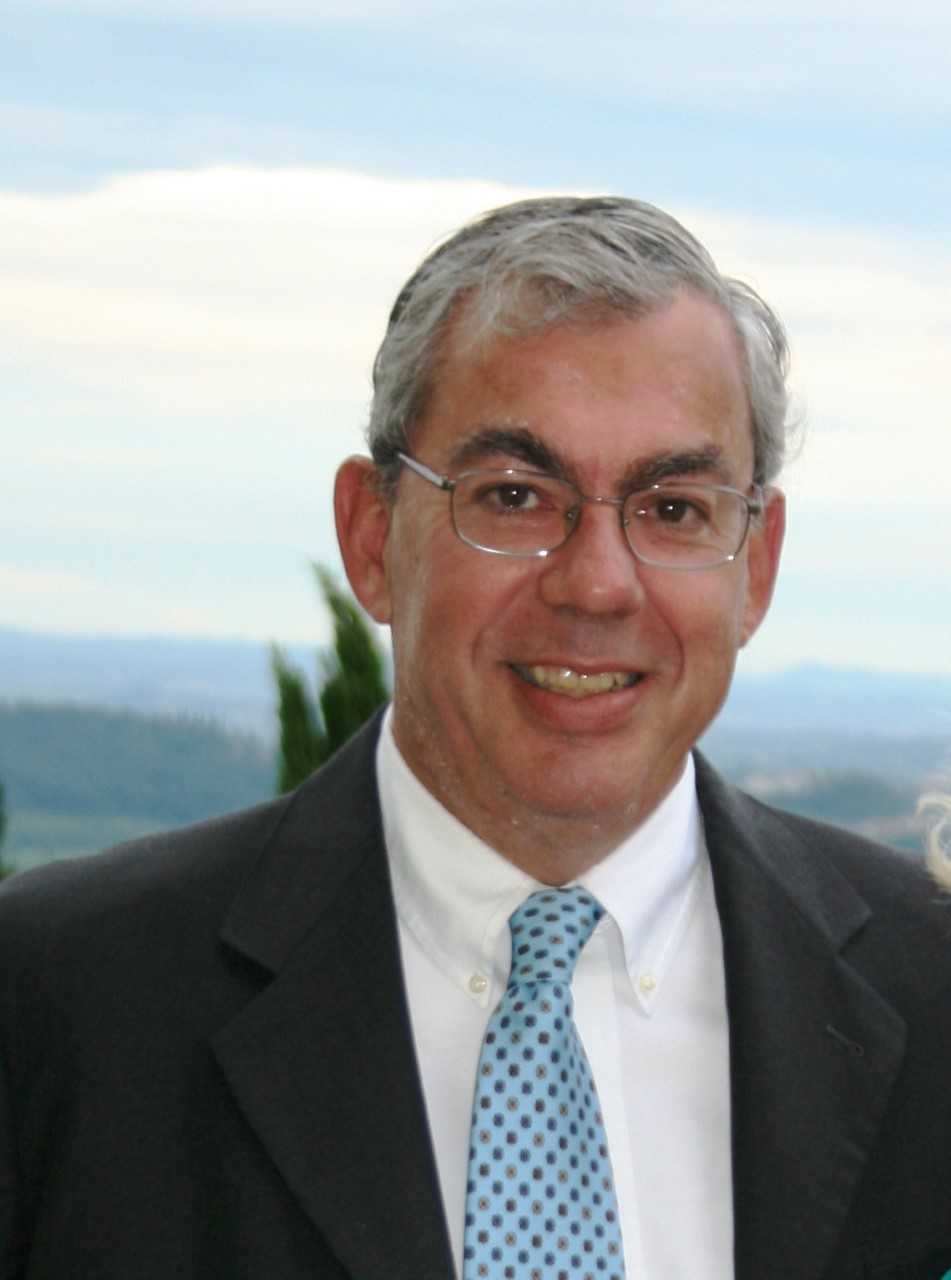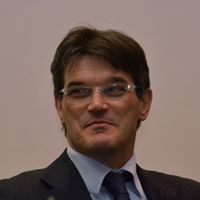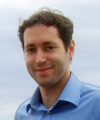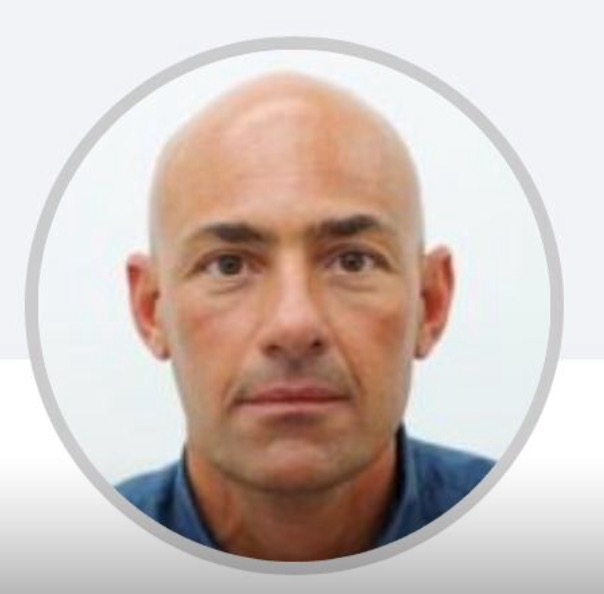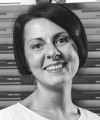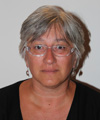Studying at the University of Verona
Here you can find information on the organisational aspects of the Programme, lecture timetables, learning activities and useful contact details for your time at the University, from enrolment to graduation.
Academic calendar
The academic calendar shows the deadlines and scheduled events that are relevant to students, teaching and technical-administrative staff of the University. Public holidays and University closures are also indicated. The academic year normally begins on 1 October each year and ends on 30 September of the following year.
Course calendar
The Academic Calendar sets out the degree programme lecture and exam timetables, as well as the relevant university closure dates..
| Period | From | To |
|---|---|---|
| 1° semestre | Oct 3, 2022 | Jan 20, 2023 |
| 2° semestre | Mar 1, 2023 | May 27, 2023 |
| Session | From | To |
|---|---|---|
| Appelli Sessione invernale | Jan 23, 2023 | Feb 24, 2023 |
| Appelli Sessione estiva | Jun 5, 2023 | Jul 7, 2023 |
| Appelli Sessione autunnale | Aug 28, 2023 | Sep 29, 2023 |
| Appelli Sessione invernale straordinaria | Jan 23, 2024 | Feb 24, 2024 |
| Session | From | To |
|---|---|---|
| Sessione estiva Esame di Laurea | Jul 10, 2023 | Jul 29, 2023 |
| Sessione autunnale Esame di Laurea | Oct 23, 2023 | Nov 20, 2023 |
| Sessione invernale straordinaria Esame di Laurea | Mar 18, 2024 | Apr 19, 2024 |
| Period | From | To |
|---|---|---|
| Vacanze di Natale | Dec 24, 2022 | Jan 1, 2023 |
| Vacanze di Pasqua | Apr 7, 2023 | Apr 10, 2023 |
| Festa della Liberazione | Apr 25, 2023 | Apr 25, 2023 |
| Festa dei Lavoratori | May 1, 2023 | May 1, 2023 |
| Festa della Repubblica | Jun 2, 2023 | Jun 2, 2023 |
| Ognissanti | Nov 1, 2023 | Nov 1, 2023 |
| Festa dell'Immacolata | Dec 8, 2023 | Dec 8, 2023 |
| Description | Period | From | To |
|---|---|---|---|
| Periodo per i tirocini e le esercitazioni | annuale | Oct 3, 2022 | Sep 30, 2023 |
| Description | Period | From | To |
|---|---|---|---|
| Corsi di lingua straniera - consultare calendario CLA | Oct 3, 2022 | Sep 30, 2023 |
Exam calendar
Exam dates and rounds are managed by the relevant Exercise Science Teaching and Student Services Unit.
To view all the exam sessions available, please use the Exam dashboard on ESSE3.
If you forgot your login details or have problems logging in, please contact the relevant IT HelpDesk, or check the login details recovery web page.
Should you have any doubts or questions, please check the Enrollment FAQs
Academic staff
 paola.cesari@univr.it
paola.cesari@univr.it
 rosarita.cuccoli@univr.it
rosarita.cuccoli@univr.it
 lonardifabiola@gmail.com
lonardifabiola@gmail.com
 alberto.nuvolari@gmail.com
alberto.nuvolari@gmail.com
 gilberto.pilati@univr.it
gilberto.pilati@univr.it
 angeloluigi.sangalli@univr.it
angeloluigi.sangalli@univr.it
 fabio.sartori@univr.it
fabio.sartori@univr.it
 stefano-venturi@libero.it
stefano-venturi@libero.it
Study Plan
The Study Plan includes all modules, teaching and learning activities that each student will need to undertake during their time at the University.
Please select your Study Plan based on your enrollment year.
1° Year
| Modules | Credits | TAF | SSD |
|---|
Biochemistry of exercise
Principles of sport management
Introduction to chinesiology and sport
2° Year activated in the A.Y. 2023/2024
| Modules | Credits | TAF | SSD |
|---|
Introduction to movement analysis and motor control
Sport and exercise psychology
Training Methodology
3° Year It will be activated in the A.Y. 2024/2025
| Modules | Credits | TAF | SSD |
|---|
Preventive and adapted physical activity
Pharmacology and cardiology applied to physical activity
Diseases of the Locomotor Apparatus
Teaching individual and team sports
| Modules | Credits | TAF | SSD |
|---|
Biochemistry of exercise
Principles of sport management
Introduction to chinesiology and sport
| Modules | Credits | TAF | SSD |
|---|
Introduction to movement analysis and motor control
Sport and exercise psychology
Training Methodology
| Modules | Credits | TAF | SSD |
|---|
Preventive and adapted physical activity
Pharmacology and cardiology applied to physical activity
Diseases of the Locomotor Apparatus
Teaching individual and team sports
| Modules | Credits | TAF | SSD |
|---|
Legend | Type of training activity (TTA)
TAF (Type of Educational Activity) All courses and activities are classified into different types of educational activities, indicated by a letter.
General Pedagogy [Matricole dispari] (2022/2023)
Teaching code
4S00738
Teacher
Coordinator
Credits
6
Language
Italian
Scientific Disciplinary Sector (SSD)
M-PED/01 - PEDAGOGY, THEORIES OF EDUCATION AND SOCIAL EDUCATION
Period
1° semestre dal Oct 3, 2022 al Jan 20, 2023.
Location
VERONA
Learning objectives
At the end of the course the student: 1) knows the main issues of pedagogical reflection and some of the most significant theories; 2) is able to reflect critically on educational problems and experiences, using appropriately the pedagogical language and its fundamental concepts; 3) is able to interpret the educational dimensions of sport; 4) is able to recognize and valorize the essential characteristics of the sports educator.
Prerequisites and basic notions
The course does not require any special prerequisites
Program
The course, aimed at providing students with the constituent elements of pedagogy, is divided into two parts. In the first part, which will introduce the study of the discipline as a critical reflection on education in the broader panorama of educational sciences, the central concepts of pedagogy, its epistemological foundations and the main theories of reference will be examined. Specifically, the following macro-themes will be explored:
1. Educational challenges in contemporary society:
- need for education and pedagogy;
- origin of pedagogy and the path through which it has been scientifically affirmed;
- political, labor and cultural changes and crisis;
- placement of pedagogy among the educational sciences;
- development of the various pedagogical currents and the role of pedagogy in the face of complexity;
- various areas of pedagogical intervention.
2. Centrality of pedagogy and education in contemporary society:
- distinction between educability, education and pedagogy;
- foundational concepts of pedagogical discourse and interdisciplinary nature of pedagogy;
- formal elements of pedagogy: goals, method, means, content, educator-students relationship, environment.
- Identifying, in concrete terms, the theoretical and methodological elements indispensable in the construction of educational projects;
- implementing educational projects taking into account the diversity of individual educational situations that characterize each specific context of intervention.
In the second part, the relationship between pedagogy and sport will be examined, analyzing its educational values and considering the profile of the sports professional from the point of view of his/her educational competences, also exploring methodologies, practices and educational experiences in the sports field.
Bibliography
Didactic methods
Lessons will be structured to foster interactivity and participation in the classroom; therefore, they will be characterised by face-to-face moments and cooperative work (exercises, simulations, in-depth thematic studies, etc.). In addition to the materials presented in class, further ones (videos, articles, etc.) will be shared. Case studies and testimonies will also be proposed in order to understand how the topics discussed are translated into the work practice of the educator in the various socio-educational contexts. Attendance is strongly recommended.
In the event of a COVID-19 contraction or need to quarantine, it is possible to have the lessons streamed, subject to presentation of a medical certificate.
Learning assessment procedures
Oral examwith with an approximate duration of 20'. The books that have to be studied are the same for attending and non-attending students, as well as for Erasmus students.
Evaluation criteria
During the exam, knowledge of the exam syllabus, critical-reflective ability with respect to the concepts and theories being expounded, use of correct pedagogical language, and ability to connect theories and concepts to hypotheses of practical foreshadowing will be evaluated. The grades for the subject exam are measured in thirtieths (0-30 scale), the minimum grade is 18/30 and the maximum grade is 30/30.
Exam language
Italiano (o inglese)
Type D and Type F activities
I Regolamenti dei corsi di laurea e di laurea magistrale di scienze motorie prevedono che gli studenti possano completare il proprio piano didattico, frequentando oltre agli insegnamenti obbligatori anche delle attività formative a scelta, per approfondire alcuni aspetti tematici o settori di interesse, in coerenza con il proprio percorso formativo.
Le attività formative a scelta di ambito D sono indicate all’interno del piano didattico del corso di studio prescelto, mentre le attività formative di ambito F sono individuate da una apposita commissione di docenti. Queste ultime attività possono essere conferenze, seminari, webinar, altro e vengono acquisite con una valutazione e non con un voto in trentesimi.
PERCORSO ELETTIVO
E' possibile personalizzare il proprio piano didattico, selezionando determinate attività a scelta e attivando così un "percorso elettivo" di preferenza tra quelli proposti dal Collegio didattico di Scienze motorie.
Ai link sotto indicati si possono trovare le tabelle con le attività a scelta e i percorsi elettivi disponibili e le indicazioni per l'inserimento delle attività a scelta nel piano didattico da compilare a cura dello studente:
Tabelle delle attività a scelta di tipo C, D, F
Regole per la compilazione del piano didattico con le attività a scelta
COMPETENZE TRASVERSALI
| years | Modules | TAF | Teacher |
|---|---|---|---|
| 3° | Physical bases of exercise prescription | D |
Jan Tom Boone
|
| 3° | Advanced nutrition for sports | D |
Silvia Pogliaghi
(Coordinator)
|
| 3° | Sport physiology | D |
Silvia Pogliaghi
(Coordinator)
|
| years | Modules | TAF | Teacher | |
|---|---|---|---|---|
| 3° | Theory and pedagogy of nordic walking | D |
Barbara Pellegrini
(Coordinator)
|
|
| 2° 3° | Public health applied to exercise | D |
Francesca Moretti
(Coordinator)
|
|
| 2° 3° | Statistics applied to movement sciences | D |
Maria Elisabetta Zanolin
(Coordinator)
|
|
Career prospects
Module/Programme news
News for students
There you will find information, resources and services useful during your time at the University (Student’s exam record, your study plan on ESSE3, Distance Learning courses, university email account, office forms, administrative procedures, etc.). You can log into MyUnivr with your GIA login details: only in this way will you be able to receive notification of all the notices from your teachers and your secretariat via email and soon also via the Univr app.
Graduation
List of theses and work experience proposals
| theses proposals | Research area |
|---|---|
| ANTROPOMETRIA E COMPOSIZIONE CORPOREA NEL CALCIO | Various topics |
| ANTROPOMETRIA TRIDIMENSIONALE - ESEMPI APPLICATIVI | Various topics |
| Controllo posturale e locomozione in età evolutiva | Various topics |
| EFFETTO DELLA VIBRAZIONE CORPOREA TOTALE SU PEDANA | Various topics |
| Feedback Aumentativo e Apprendimento Motorio | Various topics |
| Il ruolo della fatica cognitiva nella prestazione motoria e nella percezione corporea: teorie di riferimento e strumenti di indagine | Various topics |
Gestione carriere
Student mentoring
Orario lezioni
L’orario delle lezioni comprende
Lezioni Frontali in aula
Esercitazioni e laboratori
Questi ultimi sono organizzati per gruppi dai singoli docenti responsabili dei corsi.
L'orario è pubblicato nel portale studenti
Modalità di frequenza
Vige l'obbligo di frequenza al 70% come specificato nel Regolamento di ogni singolo corso di laurea e laurea magistrale:
Ulteriori informazioni:
L'accesso alle pagine Moodle dei singoli insegnamenti è vincolato alla compilazione del piano di studi.
App Univr Lezioni, FAQ e guida all'utilizzo sono disponibili al seguente link: orario-lezioni-e-modalita-di-frequenza
Comunicati: Avvisi per studenti
Internships
Internships are aimed at enabling students to gain direct knowledge of the world of work and to acquire specific professional skills.
Internships are carried out under the responsibility of an individual lecturer, and can be carried out in professional firms, public administration bodies and companies recognised by the University of Verona.
Any CFU credits gained by doing internships will be recognised and recorded by the University in accordance with the relevant University regulations in force (Regolamento d’Ateneo per il riconoscimento dei crediti maturati negli stage universitari).
For further information on internships, please go to: https://www.univr.it/it/i-nostri-servizi/stage-e-tirocini.
Student login and resources
Recupero Obblighi Formativi - OFA
I corsi di supporto per il recupero degli Obblighi Formativi aggiuntivi - OFA di Chimica, Fisica, Matematica - sono organizzati annualmente e sono segnalati direttamente nell'orario delle lezioni del 1° anno ► vedi pagina.
Al termine di ciascun corso frequentato gli studenti dovranno sostenere e superare una prova scritta per colmare il debito entro il 15 dicembre dell'anno successivo, per potersi iscrivere al 2° anno.
►Date e orari degli appelli sono indicati nel Calendario Didattico - Calendario Esami.
In caso di mancato superamento degli obblighi formativi entro il 15/12, lo studente resterà iscritto al 1° anno anche per l'anno successivo come ripetente, dovrà sostenere la verifica di recupero in un altro appello e NON non potrà frequentare o sostenere gli esami del 2° anno.
Certificazione medica di idoneità
Riferimenti normativi principali: DM 24 aprile 2013 art. 3, GU 169 del 20-07-2013; Decreto del Ministro della Salute dell’8 agosto 2014 e s.m.i.
Per frequentare le attività dei corsi di Laurea e Laurea magistrale di Scienze motorie è obbligatorio presentare la certificazione medica di idoneità fisica per attività sportiva non agonistica. La certificazione è necessaria per accedere alle attività pratiche-esercitative e al tirocinio.
à COME OTTENERE LA CERTIFICAZIONE
La certificazione - riportante l’indicazione che è stato eseguito l’ECG a riposo - può essere rilasciata da:
- centri o servizi di medicina dello sport delle ASL (ora ATS) e delle aziende ospedaliere
- istituti della Federazione Medico Sportiva Italiana
- centri pubblici o privati autorizzati:
- dai medici di medicina generale di libera scelta, relativamente ai propri assistiti;
- dal medico specialista in medicina dello sport.
L’ECG a riposo deve essere ripetuto annualmente.
E’ ammesso anche il certificato medico di idoneità alla pratica sportiva agonistica, per chi ne fosse già in possesso.
à SCADENZA PER LA PRESENTAZIONE
La certificazione medica deve essere prodotta al momento dell'immatricolazione e, comunque, entro l’inizio delle lezioni alla Segreteria Corsi di Studio Scienze motorie. Spetta agli studenti rinnovarla annualmente alla scadenza - per ogni anno di iscrizione in corso o fuori corso. La Segreteria effettuerà periodicamente dei controlli sulla consegna dei certificati.
NOTA: Studenti immatricolati a seguito di SUBENTRO/RIPESCAGGIO/TRASFERIMENTO IN INGRESSO: se non è possibile rispettare la scadenza di presentazione del certificato sopra indicata, avvisare la Segreteria Corsi di Studio Scienze, scrivendo all’indirizzo certmed.scienzemotorie@ateneo.univr.it
à MODALITA’ DI CONSEGNA
La certificazione va inviata alla Segreteria Corsi di Studio Scienze motorie dalla propria e-mail istituzionale nome.cognome@studenti.univr.it all’indirizzo certmed.scienzemotorie@ateneo.univr.it.
Esami propedeutici
Alcuni insegnamenti del piano didattico sono definiti "propedeutici", perchè permettono di acquisire le conoscenze necessarie per affrontare lo studio di insegnamenti successivi. Di conseguenza, è obbligatorio superare gli esami degli insegnamenti propedeutici prima di sostenere gli esami di un anno seguente. Le propedeuticità presenti sono indicate di seguito nella tabella:
| Anno | Esami propedeutici | Anno | Esami che richiedono il superamento di propedeuticità | |
| 1 | Biologia | prima di | 2 | Fisiologia |
| Anatomia umana | ||||
| 1 | Biologia | prima di | 2 | Biomeccanica |
| Anatomia umana | ||||
| 1 | Biologia | prima di | 2 | Tecniche e metodologie dell'allenamento |
| Anatomia umana | ||||
| Biochimica del movimento | ||||
| 2 | Fisiologia | |||
| 1 | Biologia | prima di | 3 | Tecniche e didattica degli sport individuali e di squadra |
| Anatomia umana | ||||
| Biochimica del movimento | ||||
| 2 | Fisiologia | |||
| Tecniche e metodologie dell’allenamento | ||||
| 1 | Biologia | prima di | 3 | Attività motorie preventive e adattate |
| Anatomia umana | ||||
| Biochimica del movimento | ||||
| 2 | Fisiologia | |||
| Tecniche e metodologie dell’allenamento | ||||
| 1 | Biologia | prima di | 3 | Malattie dell'apparato locomotore |
| Anatomia umana | ||||
| 2 | Fisiologia | |||
| 1 | Biologia | prima di | 3 | Farmacologia e cardiologia applicate all'attività motoria |
| Anatomia umana | ||||
| 2 | Fisiologia | |||

 0458028142
0458028142

